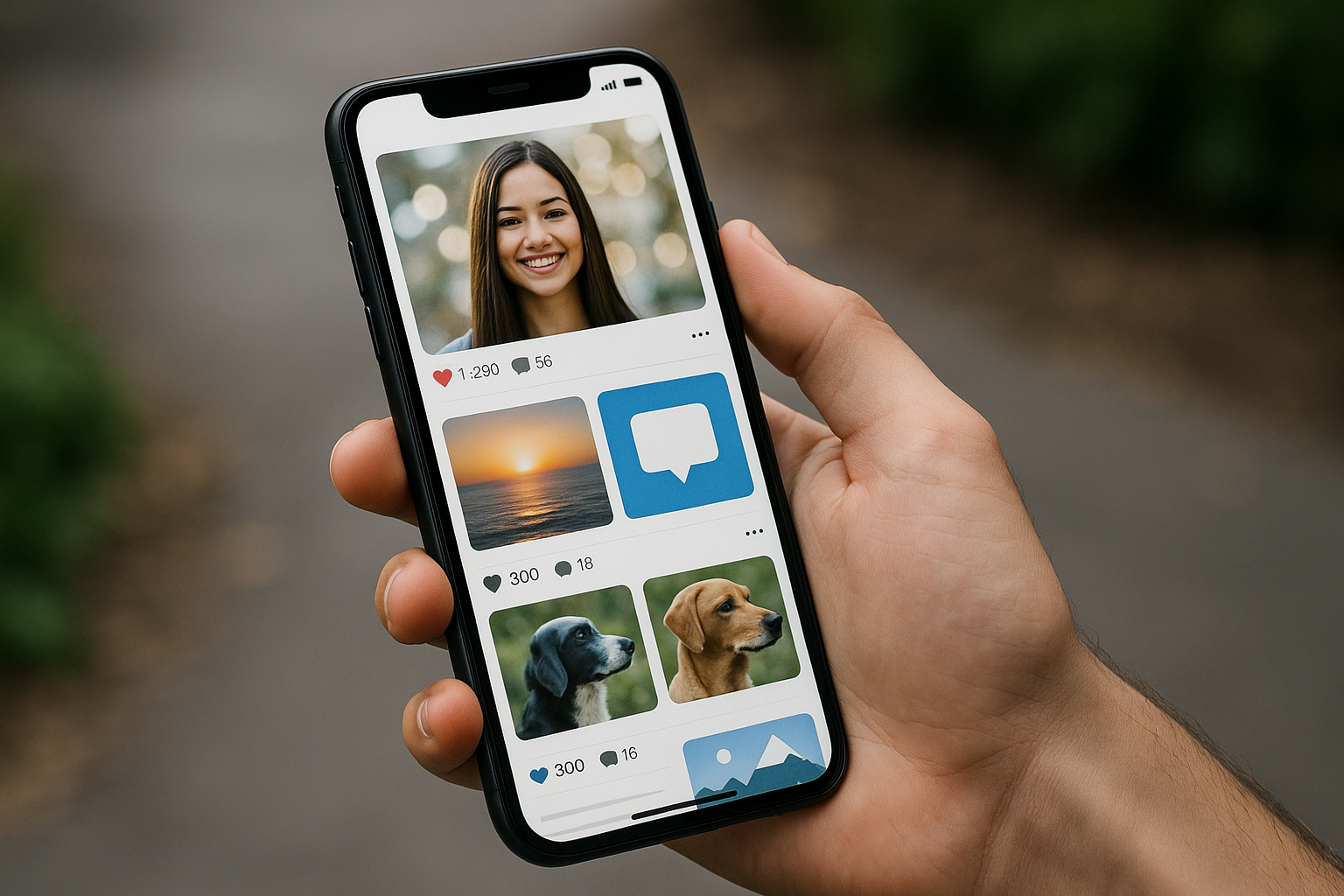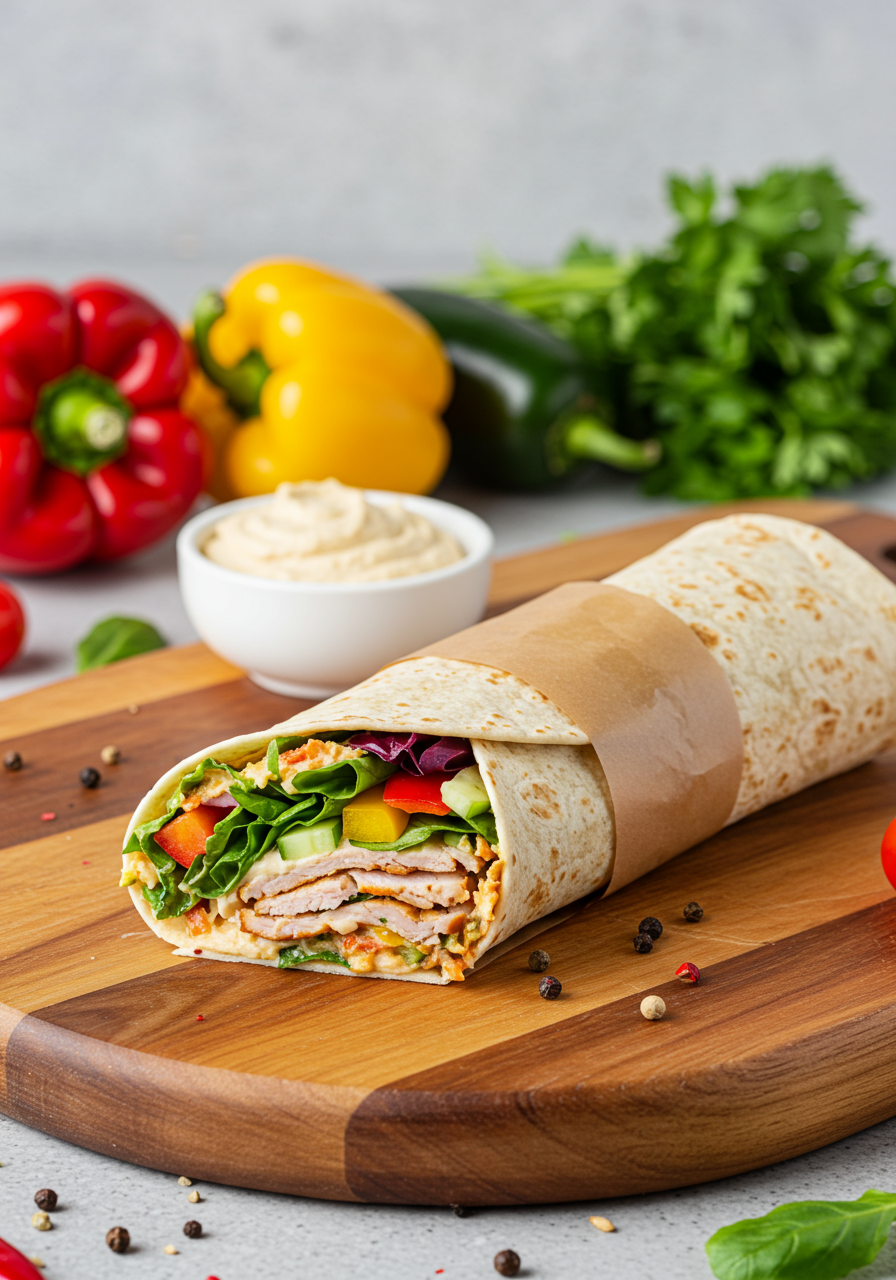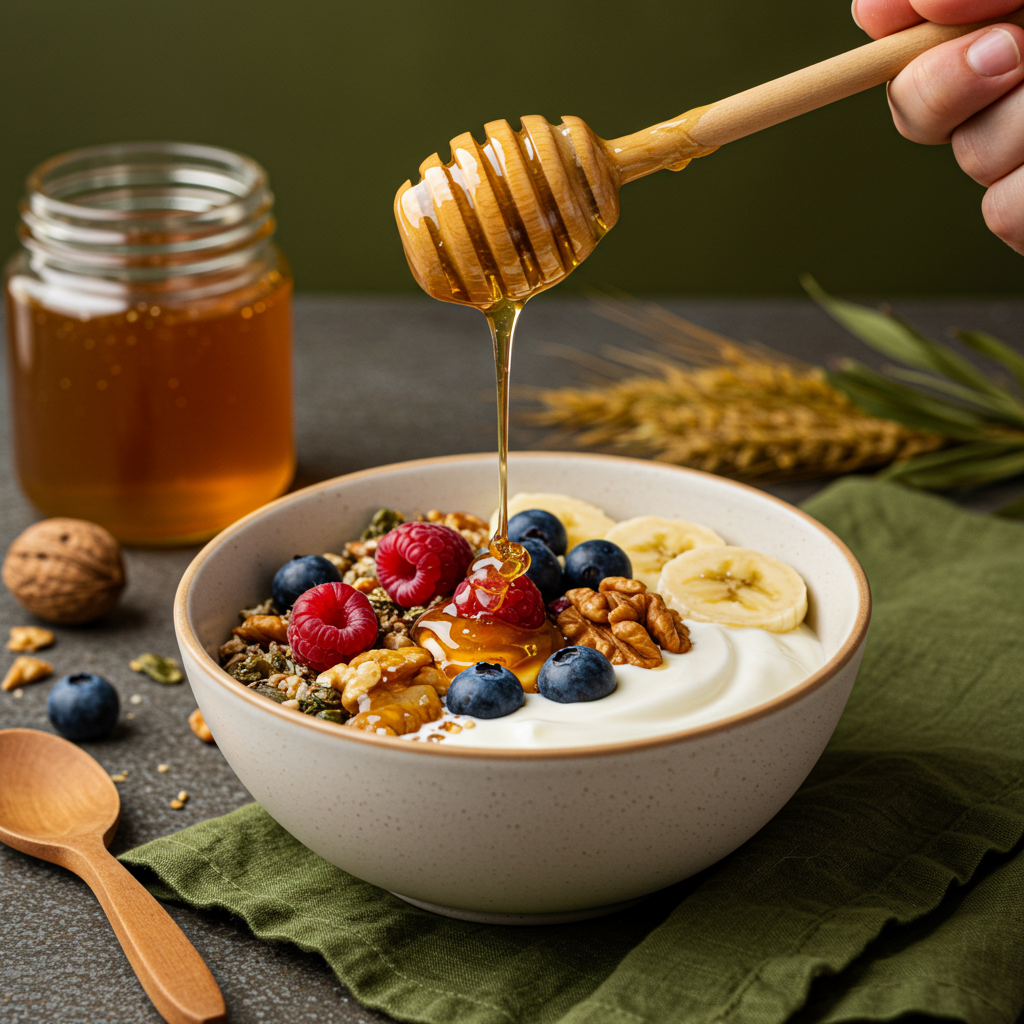Social media platforms can be great for staying close to people you care about, discovering new music/art/sports, and finding communities that get you. It can also crank up stress, steal sleep, and turn "just checking" into a 2-hour scroll. Here’s how to keep the good and dodge the nonsense.
The good stuff (when it works for you)
Connection: Group chats, voice notes, and shared pics keep friendships alive between classes, teams, and cities.
Creativity & opportunities: Posting art, edits, clips all takes and builds skills to do. With the vast spread of social media and its use in business, these skills can open doors for you—collabs, part-time gigs, even scholarships.
Learning & belonging: Niche communities (study accounts, sports technique, coding, mental health) = free tips and people who speak your language.
The not-so-good stuff (watch for these)
Comparison trap: It’s a highlight reel; your brain treats it like a mirror. Mood dips follow.
Drama & pile-ons: Public arguments escalate fast and live forever in screenshots.
Sleep stealers: Late-night scrolling and notifications wreck focus, mood, and training recovery.
Privacy risks & pressure: Oversharing, location tags, and posting friends without consent can backfire.
How to get the best of “social”
Open with a purpose. Before you tap an app, ask: Why am I here? Chat with a friend? Post? Look up drills? If you don’t have an answer, don’t open. Set a 10-minute timer when you do. (There are helpful limits you can set in your phone for Apps too, to help remind you to balance your time).
Tune your feed. Like/save what you want more of; mark “not interested” on what bums you out. Unfollow or mute accounts that spike anxiety—even if they belong to friends. Give yourself space when you need it.
Be social (not just scrolling). Swap passive scrolling for actual interaction: voice notes, 1:1 DMs, planning an IRL hang, sharing something you made. Aim for a create : consume ratio of 1:1.
Guard your privacy. Share later (not live). Keep location off. Use Close Friends/private stories. Always ask before posting someone else.
Drama control. If a convo gets heated, move it to a calm, private chat—or step away. “I’m logging off; let’s talk tomorrow” is a power move.
When to switch off (and how)
Mood check rule: After 5–10 minutes, do a quick scan—Do I feel better, same, or worse? If it’s "worse" twice in a row, you’re out.
Hard cut-offs: Silence notifications after 8–9 pm on school nights. Charge your phone outside the bedroom if you can.
Get guardrails: App limits, Do Not Disturb/Focus modes, hide apps from your home screen, or try grayscale to reduce the “shiny object” pull.
SOS scripts (steal these):
o “Muting this thread for a bit—DM me if urgent.”
o “I’m taking a screen break. Catch you tomorrow.”
o “Please don’t post me; I’m not cool with it.”
If it’s really getting to you: Talk to a friend, coach, or trusted adult. If you’re in the UK and need support, you can reach Samaritans (116 123), Childline (0800 1111), or text SHOUT to 85258.
Need a quick starter plan to get control over your current habits? Why not try this...
• Mon: Unfollow/mute 10 accounts that stress you out.
• Wed: Move socials off your home screen; set a 30-min daily limit.
• Fri: Post something you made (song clip, sketch, photo, drill).
• Sun: 3-hour offline block—meet a friend, train, or create.
BOTTOM LINE: Social media should make your life bigger, not busier. Go in with a purpose, curate your space, protect your sleep, and hit the off-switch when the vibes turn sour. You’re in charge. 📱







Share:
Friendship: What to Keep, What to Question and How to Grow
The 2357 Study Method